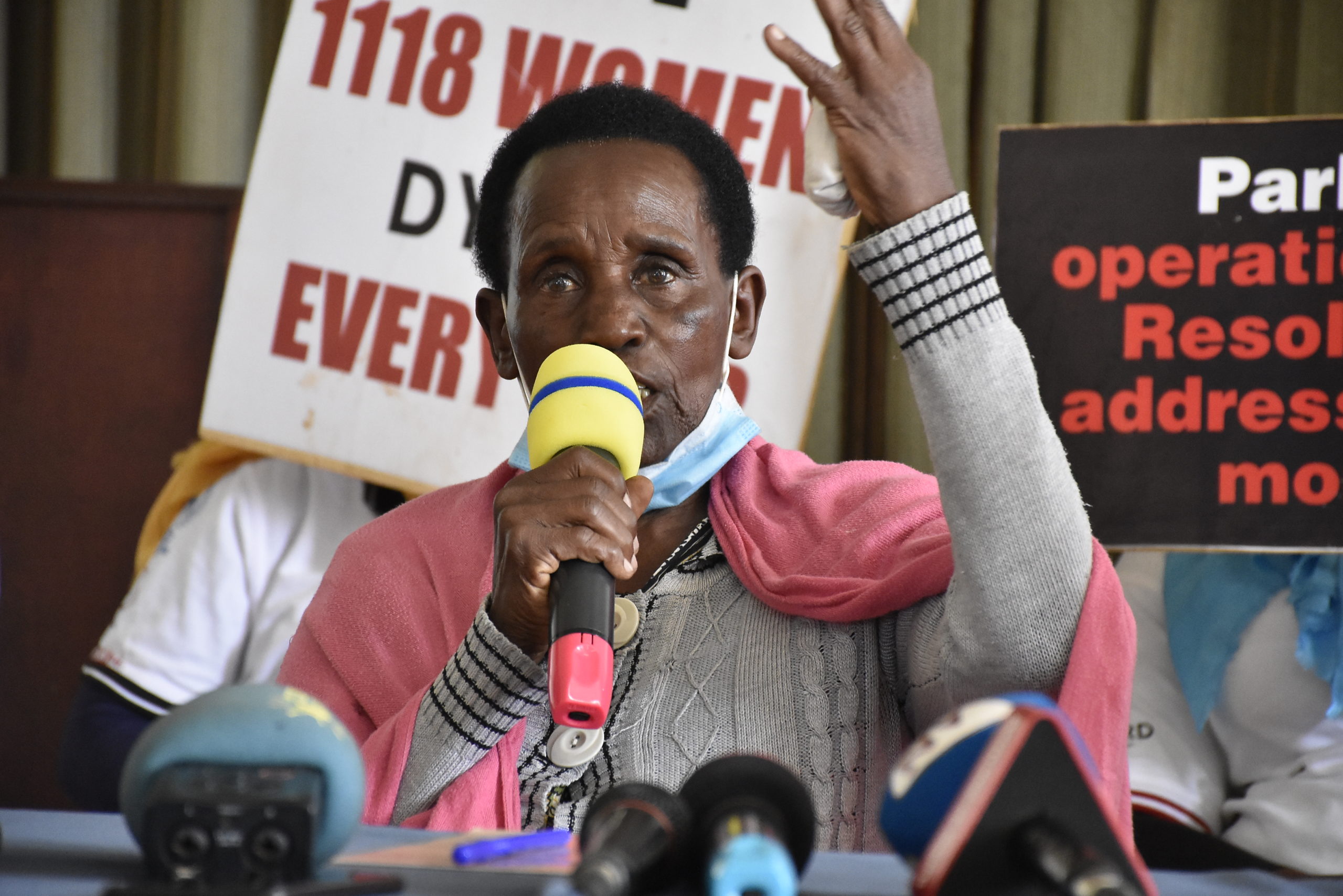PRESS STATEMENT
FOR IMMEDIATE RELEASE
Tuesday 27th April 2021
GOVERNMENT DEFIES COURT ORDER TO INCREASE FUNDING TO MATERNAL HEALTH IN THE NATIONAL BUDGET
Kampala – Uganda. Center for Health, Human Rights and Development (CEHURD) has filed a case with the Constitutional Court, seeking to hold the Attorney General and other government officials in contempt of Court. Last year, the Court ordered the Government to prioritize and provide sufficient funds in the national budget for maternal healthcare in order to meet its constitutional obligation of upholding the rights of women, and fulfil their reproductive rights. This order was given in the landmark judgment of the Petition 16 maternal health case (CEHURD and 3 others vs. Attorney General [Constitutional Petition No. 16 of 2011]).
However, this year’s health sector budget allocation is estimated to decline by 9.3 per cent (UGX 2,781.17 Billion in FY2020/21 to UGX 2,522.88 Billion in FY2021/22). The reduction in funding to the health sector as projected in the national budget framework paper FY 2021/22 is therefore in contempt of the Court, and the Government should be sanctioned accordingly.
CEHURD is also demanding for a vote for maternal health under the health sector. A vote would require the Ministry of Health to budget and account for funds to maternal health, independent of the general health sector budget. This would make it easier to track how much money is spent on maternal health, and therefore provide the only clear way the judicial pronouncements and orders will be achieved.
Part of a wider problem
Adequate funding to maternal health would go a long way in reducing the number of women who die while trying to bring life into the world.
Uganda suffers a persistently high maternal mortality ratio (MMR) currently at 336 per 100,000 live births which translates into 16 women dying every day during childbirth majorly because of lack of basic maternal health commodities like gloves, syringes, blood, and medicines etc., which enable women to give birth safely. This is worsened by low political will to equip and sufficiently fund healthcare facilities, which sees two midwives working on more than 30 expectant mothers at a go. There is also no access to emergency obstetric care which has left women to die in very painful, heinous and cruel ways. The causes of these preventable deaths can be traced to insufficient funding in health facilities.
This case is therefore an effort to ensure that Government complies with the Court order and prioritizes the health care system. This is through increased budgetary allocation and creation of a maternal health vote under the health sector.
The state has an obligation to uphold women’s rights and fulfill their reproductive rights, and this should be reflected in the next financial year (2021/2022). We call upon the Parliament to stand with the people of Uganda to prioritize health and allocate more resources to the health sector.
For more information contact: info@cehurd.org and copy in nsereko@cehurd.org or call our toll free line 0800300044.





